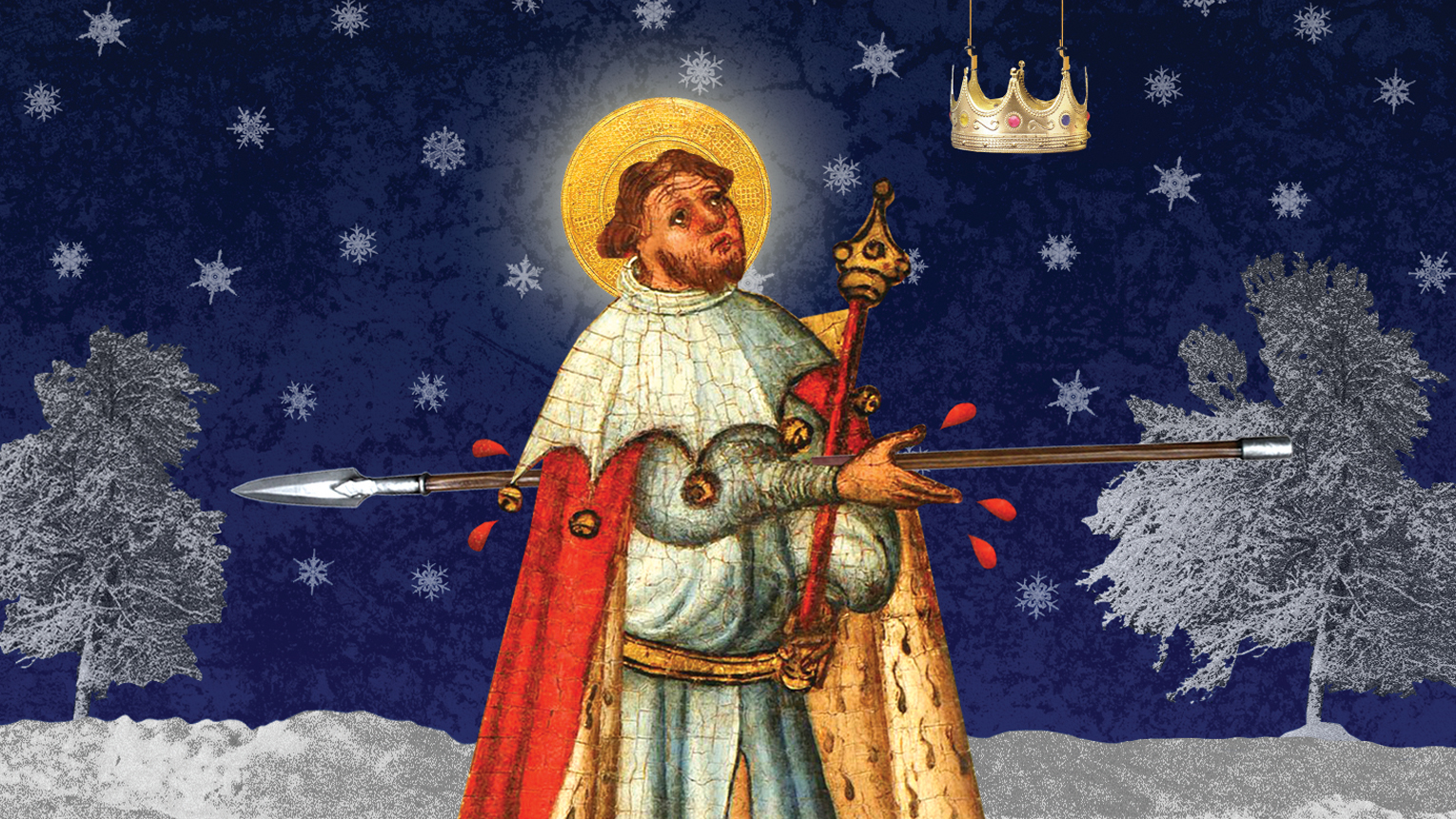How it was told
“Good King Wenceslas looked out, on the Feast of Stephen…” and so on. One of our festive favourites was written by Anglican priest John Mason Neale in 1853, set to the melody of Tempus Adest Floridum (The time is near for flowering), which dates back to the 13th century.
It was first recorded in the Finnish book Piae Cantiones, a collection of 74 songs that shot straight to the top of the charts when it was published, given that not many books were printed in 1582. A couple of hundred years later, a copy of the book was gifted by the British envoy in Sweden to Neale. He translated some tracks then penned his own lyrics when it came to this one. His song talks about the king seeing a poor man gathering winter fuel – the issue of fuel poverty as relevant then as now – then braving bitter weather to gift alms on St Stephen’s Day, which falls on December 26, commemorating the first Christian martyr.
It has become a Christmas standard, sung by everyone from Bing Crosby to The Beatles, Hugh Grant in Love, Actually, Sheldon in The Big Bang Theory and every one of us each December. But was he good? Was he even a king? And does it have anything whatsoever to do with Christmas?
Facts. Checked.
First up – Wenceslas wasn’t a king. Nor is that the correct spelling of his name. Wenceslaus was duke of Bohemia in the 10th century (potentially making the carol the original Bohemian Rhapsody) where after leading the government from the age of 18 he became known as Václav the Good. Unfortunately, he had a brother known as Boleslaus the Cruel who invited him to a feast and then, living up to his name, ran him through with a lance.
Almost immediately after his death Wenceslaus was recognised as a martyr and canonised, as well as posthumously crowned a king. Tales of his virtuousness and piety circulated throughout Europe. An early biography describes him “rising every night from his noble bed, with bare feet and only one chamberlain, he went around to God’s churches and gave alms generously to widows, orphans, those in prison and afflicted by every difficulty, so much so that he was considered not a prince, but the father of all the wretched.”
Yes, he walked barefoot in all conditions. The snow may well have been deep and crisp and even but that just sounds more painful for walking through.










